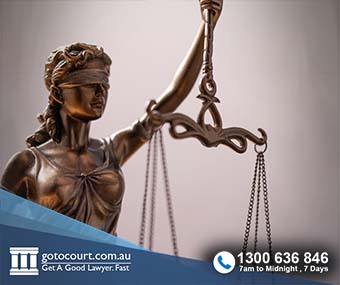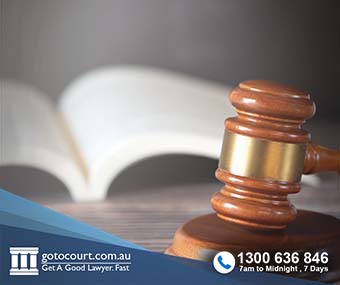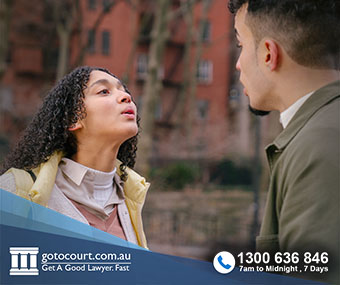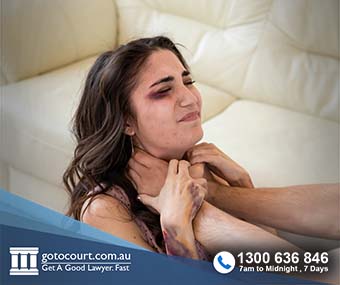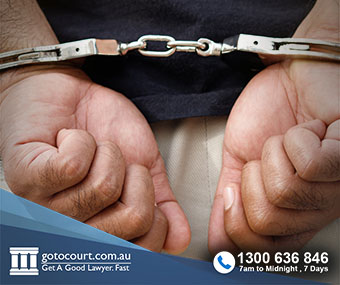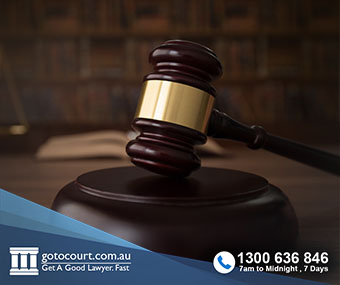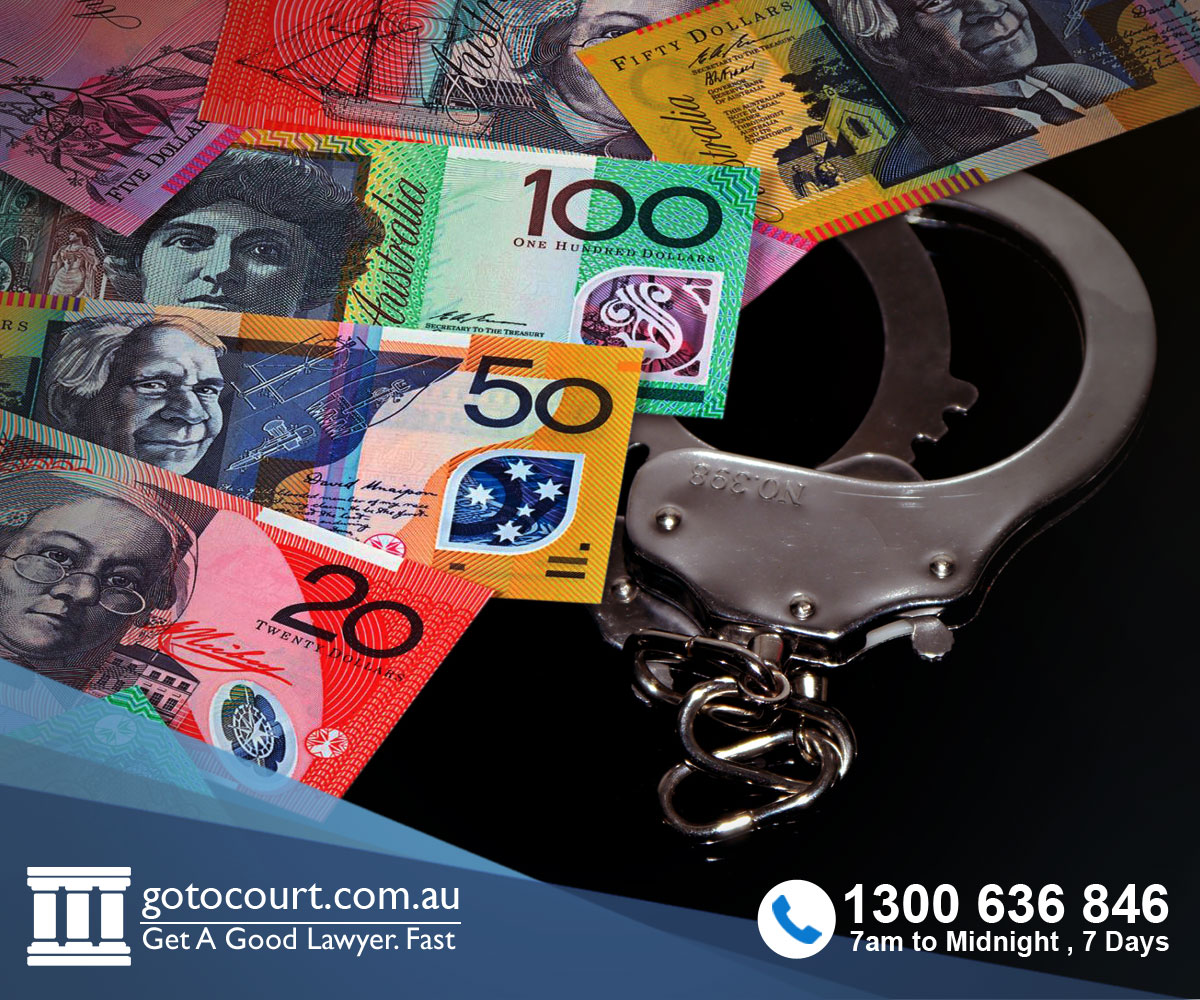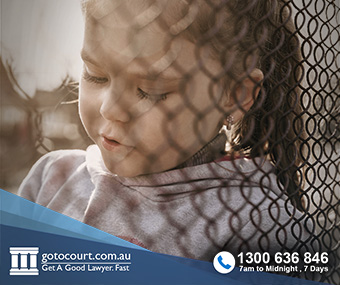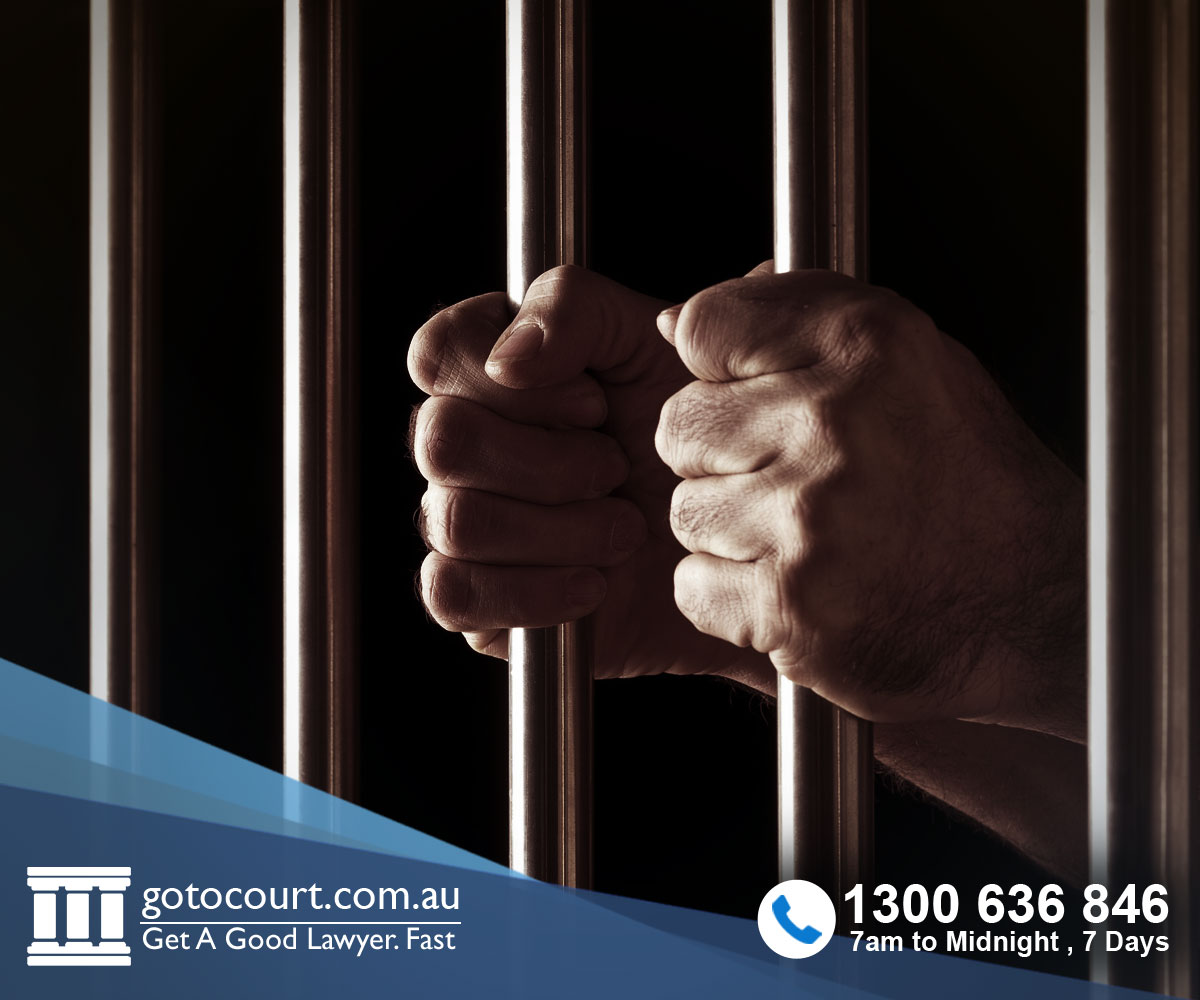Applying for Bail in the Children’s Court (Qld)
Applying for Bail in the Children’s Court (Qld)
When a person in Queensland is charged with a criminal offence, they may be released on bail or remanded in custody. The grant of bail in Queensland is governed by the Bail Act 1980. When a young person applies for bail, the process is similar to a bail application by an adult. However, some of the provision in the Bail Act only apply to adults, and the equivalent provisions for children are contained in the Youth Justice Act 1992. This page deals with applying for bail in the Children’s Court in Queensland.
Police bail and court bail
Bail may be granted by the police or by a court. If the police do not grant bail to a person, they must bring the person to a court at the earliest opportunity so that they can apply for bail. When the person is under 18, this occurs in the Children’s Court.
When considering whether to grant bail, a court will have regard to a number of factors, including the nature of the alleged offences, the strength of the case, any risks the person’s release would pose to others, their criminal history and bail history and the sentence they would likely receive if found guilty.
The person’s living situation and supports in the community will also be considered. In bail applications by children, the focus will generally be on the level and nature of guidance and supervision that can be offered by parents.
When can a child apply for bail?
A child can apply for bail at any stage in a criminal proceeding prior to sentencing. A bail application may be heard prior to the child entering a plea, after a matter had been set down for a hearing or even after a child has been found guilty at a hearing.
When will bail be granted?
Bail will be granted if the child’s release does not pose an unacceptable risk or where that risk can be mitigated by bail conditions.
Bail is more likely to be granted in situations where the child is vulnerable and would be particularly likely to suffer if not released, or where there is likely to be a significant delay in finalising the matter.
When must a child not be released on bail?
A child must not be released on bail in the following situations:
- Where there is an unacceptable risk the child will commit an offence that endangers the safety of others and there is no way of mitigating that risk by imposing bail conditions (Youth Justice Act, section 48AAA)
- Where there is an unacceptable risk the child would not surrender into custody or would interfere with a witness or the course of justice if released (Youth Justice Act, section 48AAA)
- Where the child’s safety would be endangered by their release because of the circumstances of the offence and there is no reasonable way of ensuring their safety other than keeping them in custody (Youth Justice Act, section 48AE).
Bail conditions for children
A child who is granted bail is released on condition that they attend court to answer the charge. Children are generally released without a bail surety; however, the court may require a surety in some circumstances.
Other conditions may also be imposed on a child’s bail in order to mitigate the risk posed by their release. These conditions include:
- that the child must live at a specified address
- that the child must attend school
- that the child must abide by a curfew
- that the child must abstain from alcohol or other drugs
- that the child must not have contact with certain people (such as alleged co-offenders or victims)
- that the child must not attend certain locations.
Electronic monitoring device
In some situations, a court may require a child who is released on bail to wear an electronic monitoring device. This condition may be imposed if:
- the child is over 16
- the offence is a prescribed indictable offence (such as murder, rape or robbery)
- the child has previously been found guilty of an indictable offence
- the court is satisfied that it is appropriate to impose a monitoring device condition.
Remand of children
If a child is refused bail, they are held on remand in a youth detention centre until their matter is finalised or until bail is granted.
Children who are in custody must be kept separate from adults who are in custody. This means that when a child is held temporarily in a cell at court or at a police station, they must be in a separate cell from any adult who is being held at the same facility.
Bail reviews
If a child is refused bail by the Children’s Court, they may apply to the Supreme Court for a review of that decision.
Breach of bail
Since 2023, breach of bail has been a criminal offence for young people in Queensland (as well as for adults). This offence is contained in section 29 of the Bail Act 1980.
If a young person breaches their bail, they may have their bail revoked or the conditions of their bail altered as a result. They may also have a conviction recorded and a sentence imposed for the offence of breach of bail.
If you require legal advice or representation in any legal matter, please contact Go To Court Lawyers.

Affordable Lawyers
Our Go To Court Lawyers will assist you in all areas of law. We specialise in providing legal advice urgently – at the time when you need it most. If you need a lawyer right now, today, we can help you – no matter where you are in Australia.How It Works




1. You speak directly to a lawyer
When you call the Go To Court Legal Hotline, you will be connected directly to a lawyer, every time.

2. Get your legal situation assessed
We determine the best way forward in your legal matter, free of charge. If you want to go ahead and book a face-to-face appointment, we will connect you with a specialist in your local area.

3. We arrange everything as needed
If you want to go ahead and book a fact-to-face appointment, we will connect you with a specialist in your local area no matter where you are and even at very short notice.

